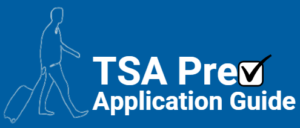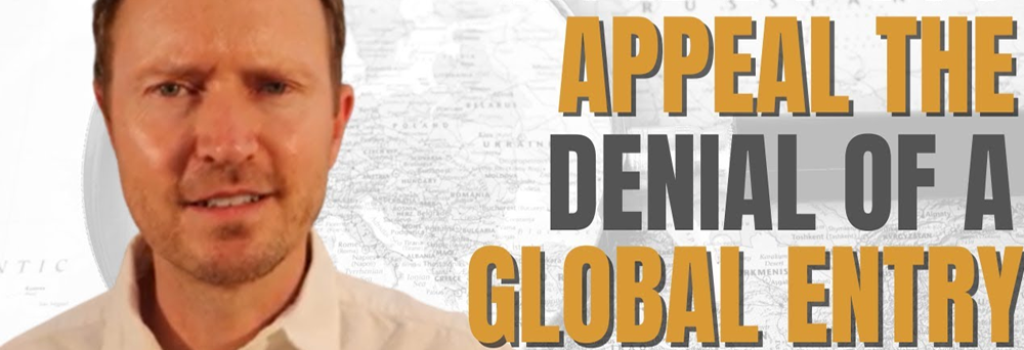Appealing a Global Entry Denial or Revocation: A Guide with Expert Insights
Global Entry, the coveted program for expedited customs clearance in the United States, can be a lifesaver for frequent international travelers. But what happens if your application is denied or your membership is revoked? Don’t despair – you have the right to appeal. Navigating the appeals process, however, can be complex and daunting. That’s where a Global Entry Appeal Lawyer comes in.
Why you might need a Global Entry Appeal Lawyer:
- Understanding the complexities of the appeals process: The CBP’s appeals process can be intricate, with specific deadlines and procedures. A lawyer can ensure you meet all requirements and present your case effectively.
- Building a strong appeal: Your lawyer can help you gather evidence, craft compelling arguments, and address any underlying issues that led to the denial or revocation.
- Negotiating with CBP: Lawyers experienced in CBP matters can advocate for you and seek the best possible outcome.
The Appeals Process:
- Initial Review: Contact the CBP within 30 days of receiving the denial or revocation notice. You can request an in-person interview with an Enrollment Center Supervisor or submit a written appeal.
- In-person Interview: If you choose an interview, be prepared to answer questions and provide additional information. Your lawyer can help you prepare and practice for this crucial step.
- Written Appeal: If you opt for a written appeal, your lawyer can draft a persuasive statement outlining the reasons for the denial or revocation being incorrect and why you should be reinstated.
- CBP Decision: After reviewing your appeal, the CBP will issue a final decision. If the decision is unfavorable, you may have the option to escalate the appeal to the DHS Office of the Ombudsman.
What your Global Entry Appeal Lawyer can do for you:
- Evaluate your case: Analyze the reasons for the denial or revocation and assess your chances of success.
- Gather evidence: Collect documents and other materials that support your appeal, such as employment records, travel history, and character references.
- Draft a compelling appeal: Craft a well-organized and persuasive written statement or prepare you for the interview.
- Represent you before the CBP: Advocate for your case during the interview or represent you in written communications with the CBP.
- Appeal to the DHS Office of the Ombudsman: If necessary, help you file an appeal with the Ombudsman as a final step.
Finding the right Global Entry Appeal Lawyer:
Look for an attorney with experience in immigration law, specifically CBP matters and Global Entry appeals. Consider factors like:
- Track record of success: Ask about the lawyer’s experience handling similar cases and their success rate in appeals.
- Communication and fees: Choose a lawyer you feel comfortable with and who clearly explains the fees and costs involved.
- Bar admissions: Ensure the lawyer is licensed to practice in your state and admitted to the federal courts.
Remember: Appealing a Global Entry denial or revocation is not impossible. With the right preparation, evidence, and legal representation, you can increase your chances of a successful outcome and regain the convenience of expedited customs clearance.
Additional Resources:
- U.S. Customs and Border Protection (CBP) Trusted Traveler Programs: https://www.cbp.gov/travel/trusted-traveler-programs
- CBP Global Entry Appeal Process: https://www.cbp.gov/travel/trusted-traveler-programs/program-denials
- American Immigration Lawyers Association (AILA): https://www.aila.org/
I hope this detailed article provides valuable insights into the Global Entry appeals process and the role of a skilled lawyer in maximizing your chances of success. Remember, don’t hesitate to seek legal counsel if you face a Global Entry denial or revocation. With the right support, you can navigate the appeals process effectively and potentially reclaim your expedited travel privileges.

